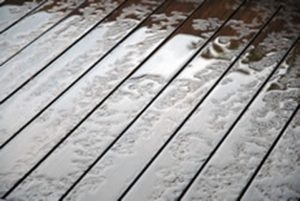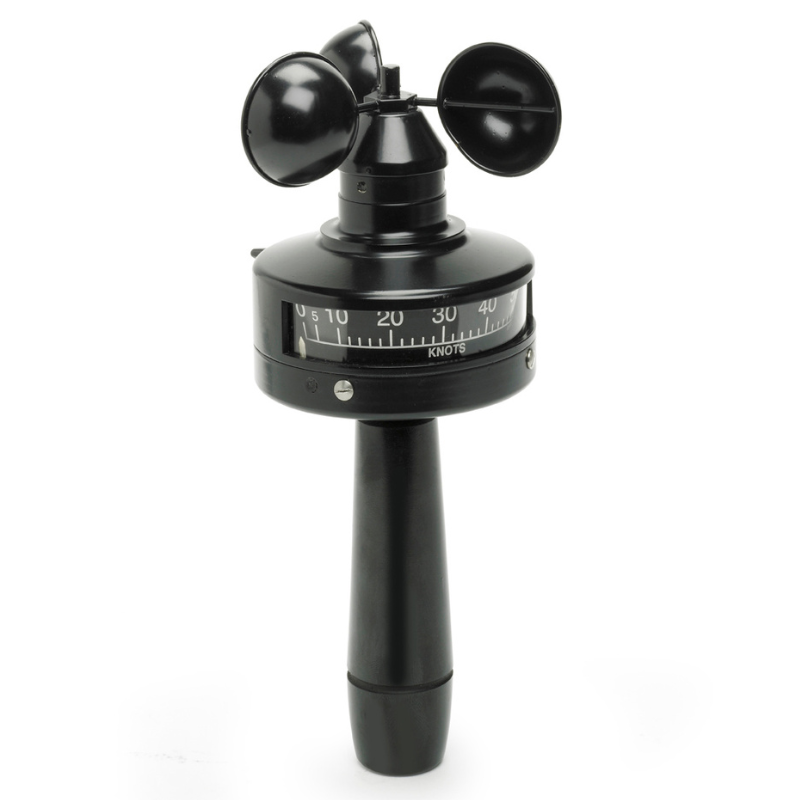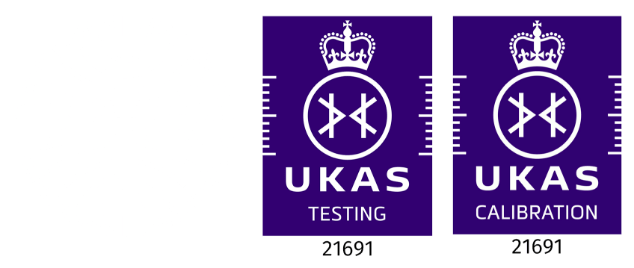When it comes to flooring, making the right choice is essential for managing and effectively reducing slips. Whilst aesthetics are important a floor must be suitable for its environment and practical in end use. Let?s go through some of the things to consider when selecting new or replacement flooring for your workplace.
One of the most important things to consider from a slip risk perspective is its end use and the likelihood and type of contamination. Polished natural stone is notoriously slippery when wet, however, with sufficient matting in entrance doorways, constant monitoring and regular, thorough cleaning it can be a good option for receptions and building entrances as it?s easy to maintain, hardwearing and easy to clean. It?s not however the best option for environments that are constantly contaminated where it is completely unreasonable to keep it clean and dry, such as an external landing ? a situation we witnessed recently whilst conducting a periodic slip test. A textured finish, or anti-slip slab/tile would have been a much better selection.
Maintenance, durability and cleaning processes
It?s also important to think about maintenance, durability and cleaning processes ? how easy is your flooring to look after and how will you keep it clean? Carpet is a good option for offices as it?s easy to vacuum at the end of the day to keep it fresh, but it can quickly peel at the edges creating a major trip hazard. With this in mind, we?d recommend opting for a fully laid wall-to-wall carpet over carpet tiles.

Flooring characteristics
Whatever flooring you go for, it will have its own unique characteristics making it either a good or not so good choice for your workplace. To help you compare and evaluate the different types of flooring available, we?ve put together a brief and general guide of some of the most common flooring?s key characteristics.
| Type of flooring | General characteristics |
| Ceramic tiles | A popular and relatively inexpensive option the properties of the tiles can vary significantly dependent on construction, profile and treatment. Generally tiles will be treated to reduce the impact of wear and staining. Smooth tiles will present a significant slip risk in the wet, but effective anti-slip tiles are widely available. Anti-slip tiles will require effective cleaning to remain anti-slip. The ease of cleaning will vary according to the roughness of the surface. |
| Concrete | Low cost and very durable flooring option often used for factory and warehouse floors and we have seen many instances of trendy industrial styling in modern buildings. Concrete can be sealed with acrylic coatings to reduce water absorption and staining but this can affect its slip resistance. Untreated concrete typically offers excellent wet and dry slip resistance properties. |
| Carpet | Easy to clean with a vacuum cleaner but can wear easily on well-trodden areas and can quickly peel at the edges creating a trip hazard. Opt for a wall-to-wall carpet over carpet tiles and add rubber backing to improve its durability. Slip resistance is excellent in both the dry and the wet. |
| Terrazzo | Terrazzo is a man-made marble based flooring which has a good appearance but can be expensive to install and is generally slippery when wet. Mechanically texturing the stone tends to produce better increases in wet slip resistance than anti-slip treatments due to the density of the marble. |
| Vinyl | A cheap and resilient flooring option which is popular in commercial workplaces as it?s easy to clean. Opt for a sheet application as opposed to tiles as there are fewer seams to trap dirt and moisture. Slip resistance vinyl flooring is available and performs excellent over extended time periods. |
| Natural stone | Typically presented in a highly polished finish which is easy to clean and very slippery when wet. Treatments and finishes can achieve good wet grip but not with the same polished appearance. Extremely hardwearing and generally easy to clean. |
| Hardwood | A hardwearing but expensive option which requires a lot of maintenance. Unsealed hardwood offers excellent slip resistance characteristics, but in end use hardwood will always be sealed or protected in some way, reducing the slip resistance to varying degrees. Man-made wood options such as granwood which is a popular choice in sports halls and hallways. |
| Cork | Lightweight yet strong wood based flooring which is commonly used in schools and museums. It?s very porous and water absorbent so it must be sealed, which can reduce its anti-slip rating. |
| Rubber | Rubber is often overlooked as it?s quite expensive, but it?s actually a good value for money solution as its extremely hardwearing and low maintenance. Slip resistance tends to be very poor so this should be considered for areas where contamination can be reliably controlled in end use. |
Flooring testing service
Once you?ve fitted your new flooring, it?s a good idea to employ a professional, independent slip tester to periodically test your floors as conditions are constantly changing which could influence the slip resistance of your flooring; for example the installation process, a change in cleaning routine, wear and usage. Regular slip tests by an independent slip tester will ensure your floors are always safe and fit for purpose and impartial advice can be offered to help improve slip resistance where necessary.
To summarise, when it comes to choosing flooring, its physical appearance is a part of the package, but consideration must be given to its functionality and practicality. Considering the end use, likelihood of contamination, ease of cleaning and its anti-slip rating are all fundamental factors to think about when selecting flooring for your workplace. Don?t forget to think about the characteristics of your chosen flooring too such as its durability and maintenance and employ a professional, independent slip tester to slip test your floors on a regular basis to ensure they remain fit for purpose.






